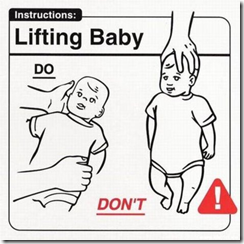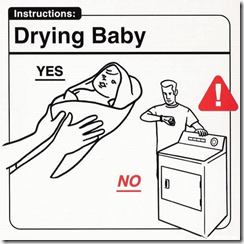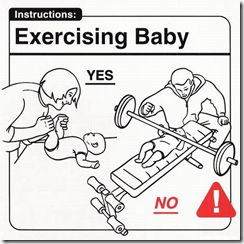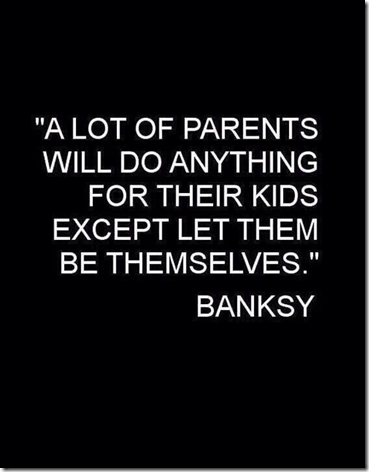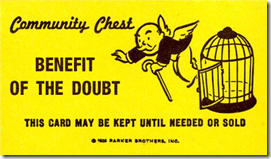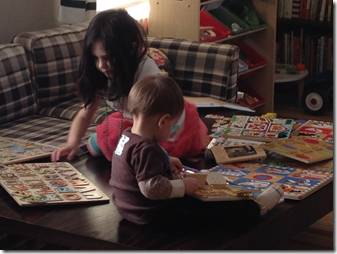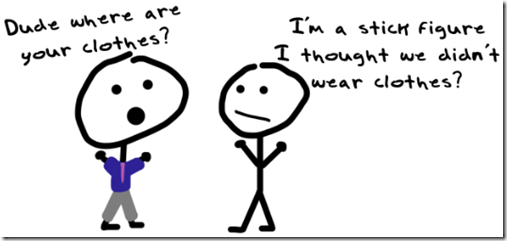Moomin Café in Tokyo has gained notoriety in recent weeks for their offer to seat gigantic stuffed animals across the table from solo diners in an attempt to reduce any discomfort from eating alone.

Naturally, this would make any rationale person infinitely more uncomfortable.
Slate recently ran a piece entitled What It Is Like To Eat Alone at a Fancy Restaurant that opens with this sentence:
I hated eating alone. I've gone out of my way to avoid eating alone, because it makes me feel awkward and extremely self-aware.
I realize that this may sound naïve, but I fail to understand any discomfort that people feel with eating alone in any restaurant.
Embarrassment is a real emotion, and I certainly experience it on occasion.
The time when a student pointed out the enormous hole that my cat had chewed in the front of my woolen pants was embarrassing.
The time when I mistakenly called a person who I know well by the wrong name three times in the span of 30 minutes was embarrassing.
The time when I drove in the wrong direction on Fifth Avenue in front of the Metropolitan Museum of Art and had be assisted in a three-point turn by my grandmother-in-law’s doorman in the presence of my wife was embarrassing.
But dining alone? This hardly seems embarrassing at all. This isn’t exactly high school. People aren’t sitting alone at a cafeteria table because their classmates have ostracized them.
Sometimes we find ourselves alone and in need of a meal. This does not indicate a failure of action or character. It’s reasonable for people to occasionally be alone at mealtime.
Moreover, I fail to understand embarrassment when it happens in front of people who we will never see again or when it happens absent an act of stupidity or thoughtlessness.
If you’re never going to see these people in the restaurant again, who cares?
If you haven’t done something incredibly stupid or thoughtless, who cares?
Even if the waiter and your fellow diners are laughing at you (and they are not because people are not nearly as interested in you as you think), you will never see these people again.
You’ve done nothing wrong.
Why feel embarrassment?
If you say something incredibly rude and your dinner companion throws a glass of water in your face and storms out of the restaurant, leaving you alone at the table, I would understand feeling embarrassed.
If you declined a dinner invitation with an annoying friend and was then spotted by that same friend eating alone, I’d understand feeling embarrassed.
But if you’re worried about what the middle-aged couple sitting to your left or the group of twenty-somethings sitting to your right are thinking about your decision to dine alone, you probably have a lot of room for personal growth.
A cashier recently commented on the wireless headphones that practically live on top of my head. She said, “I love the idea of those things, but I think I’d feel a little weird walking around with them. Don’t you worry what people think about them?”
“People?” I said. “No. Why would I care what you think about me? My wife and friends? Maybe.”
But in the case of my headphones, I still don’t care. Yes, they make me look different than almost everyone else around me, and yes, they even look a little silly at times. And it’s true that I get questions about them all the time, including comments like those of the cashier.
People question me about them all the time.
But my wife sees the value to wearing them, and she blessedly accepts me for who I am (perhaps because she also tends not to care about what others think). It’s true that some of my friends and family have teased me about my headphones, but who cares? They’re not exactly rescinding their friendship in the process.
A few have made passive-aggressive comments about my decision to wear my headphones, but making a passive-aggressive comment is much more egregious and potentially embarrassing than wearing a pair of headphones for much of the day.
One or two people have actually approached my wife, questioning my decision to wear my headphones as often as I do, but she rightfully dismissed these comments by asking these individuals to file their complaint with me instead of her.
Despite what some may think, she’s not my mother.
I feel embarrassed when I do something stupid or thoughtless in the presence of people who I care about and respect.
I feel like this is the appropriate bar for embarrassment. Absent these two conditions, I rarely feel embarrassed.
None of these conditions apply to dining solo. If you’re feeling embarrassed about eating alone in a restaurant, reject the stuffed animal, order the prime rib, and get over it.
It’s likely that the only person in the restaurant who is even aware of your solitary status is you.





